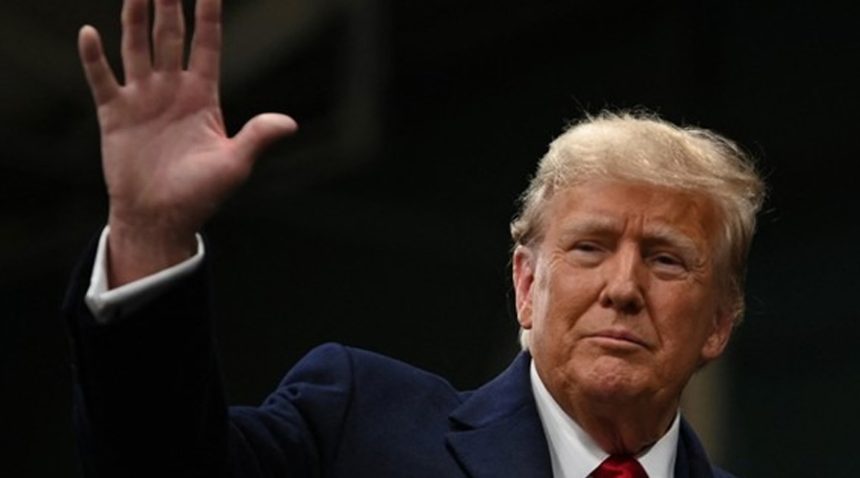Trump and Biden Stand Against Nippon Steel’s Bid for U.S. Steel
President-elect Donald Trump has stood firmly on his promise to block Nippon Steel Corp ownership of the United States U.S. Steel company by sharing his opinion on his Truth Social platform.
During the presidential campaign, Trump said, “I am totally against the once great and powerful U.S. Steel being bought by a foreign company,” following this statement, he has promised to make decisions to strengthen the company by offering tax bonuses and increasing tariffs.
The Blockage to make the transaction aligns with Trump’s trade policies since he seeks to protect American industries from takeover by foreign investors. He urged the making of U.S. Steel “Strong and Great Again,” an extension of the Make America Great Again campaign his administration embarked on.
Biden’s Stance Echoes Trump’s Opposition
Likewise, President Joe Biden has opposed the acquisition of Nippon Steel, saying that it is against the interests of the United States of America and will harm the existence of U.S. Steel, which is a fundamental steel maker in America. In March, Biden emphasized the importance of the steelmaker, which has been a backbone of the US industry for over a century. “It is vital for it to remain an American steel company that is domestically owned and operated,” Biden remarked during a public statement.
The two presidential figures outlined call for the merger to impact national security, which shall be overseen by the Committee on Foreign Investment in the United States. This body is under the Treasury Department, particularly the Treasury Secretary, and is mandated to provide checks on such transactions to protect American interests.
The Role of CFIUS and Political Implications
The proposed merger is being considered by the CFIUS, which comprises members of Biden’s Cabinet and is chaired by the Secretary of Treasury. The recommendations made in a committee have a potential impact since federal law empowers the president to block transactions that threaten the nation’s security.
The acquisition proposal stirred political responses and exposed certain differences between the two steel industries. Thus, Nippon Steel claims that its investment would help in the technological and financial reconstruction of U.S. Steel mills and enhance the American steel industry’s competitive position on the global market. On the other hand, through the proposed merger, U.S. Steel insists that the companies and the broader economy will stand to gain.
Ahead of the election, the deal’s results may influence voters in states such as Pennsylvania, home to substantial steel markets. It is clear that both presidential candidates’ positions concerning the deal are quite popular among the local workers and may have a significant influence on the voters’ opinions and results.





